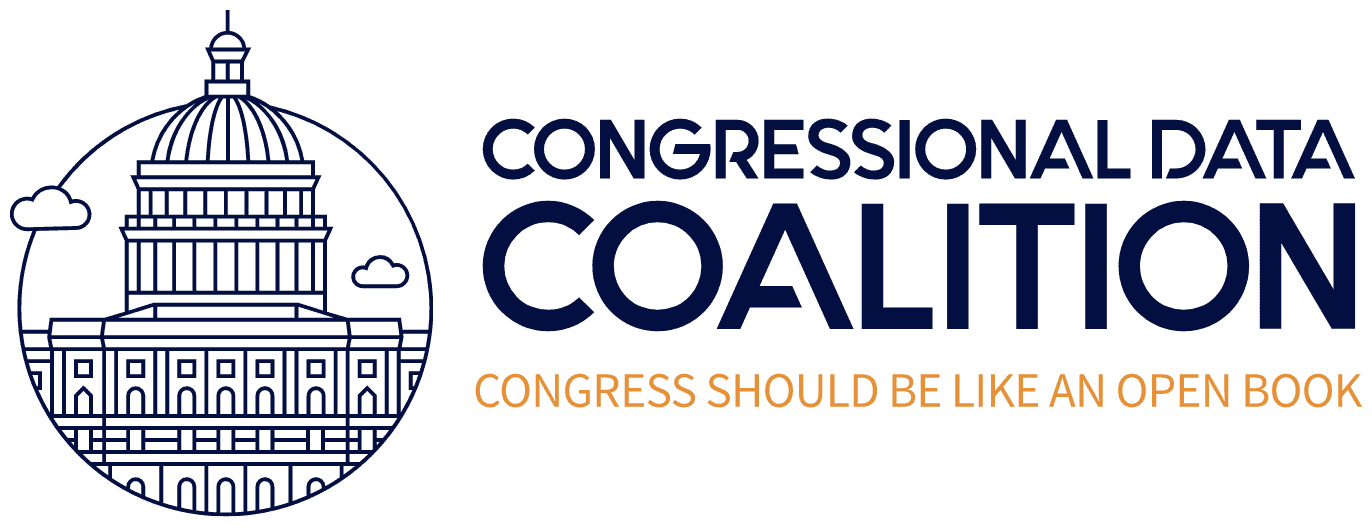At a meeting in April, the Government Publishing Office announced its collaboration with the Library of Congress to digitize all bound volumes of the Congressional Record from 1873-1998. The Congressional Record is the official record of the proceedings and debates of the United States Congress.
The digitization project is pursuant to a 2010 Joint Committee on Printing letter. GPO explained at the April meeting that it had digitized all of the volumes and the “[Library Services and Content Management business unit] was in the acquisitions process for the next step of reviewing the digital content and creating descriptive metadata.”
GPO and the Library should release the digitized volumes now. Even without metadata, the Congressional Record could be searched and put to other uses. Other digitization projects concerning documents held by the Library have taken years while descriptive metadata was created. By contrast, a volunteer-led effort to create descriptive metadata for the Statutes of Large took a matter of months and cost the government nothing. Continue Reading
